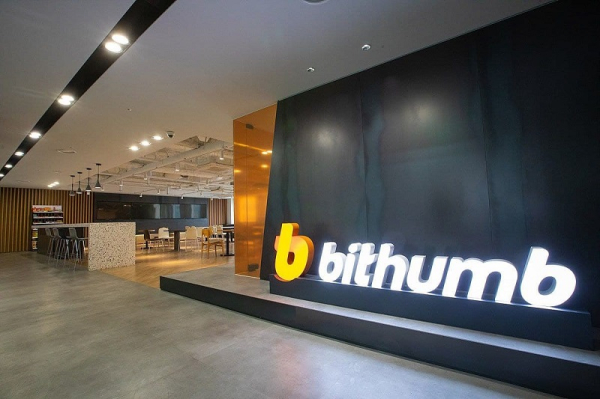
While Bithumb, a virtual asset exchange, was marketing itself as “completely free of fees,” it collected 25 billion won in fees from more than a quarter of all transactions. This was due to a “trick” marketing strategy that required users to register coupons themselves.
According to data on monthly transaction amounts and commission revenue received from major virtual asset exchanges by Rep. Kang Jun-hyun of the Democratic Party of Korea, a member of the National Assembly’s Political Affairs Committee, on the 24th, Bithumb earned 25 billion won in commission revenue from October of last year, when it held a commission-free event, to January of this year.
During the period, Bithumb's total transaction amount was 192 trillion won. If the effective commission rate (commission revenue/transaction amount) for 2023 is applied from the first quarter of 2022, it is understood that commissions were applied to 52 trillion won, which is about a quarter of the total transaction amount.
Rep. Kang pointed out that the reason Bithumb was able to make a profit even during the fee-free event was because of the ‘fee coupon registration’ trick. The 0% fee rate was applied only when users directly registered the coupons Bithumb provided for free.
Bithumb provides the coupon to all users, but for users who have not registered for the coupon, the fee is 0.25%, the highest among domestic virtual asset exchanges. This raises the issue of fairness due to the information gap. During a similar period, virtual asset exchange Korbit applied a fee rate of 0% unconditionally to all users who completed identity verification.
Rep. Kang said, “Healthy competition for users in the virtual asset market is desirable, but in the process, there should be no potential for misunderstandings or mistakes by consumers, such as information-vulnerable groups,” adding, “There should be monitoring and corrective measures by the authorities.”





